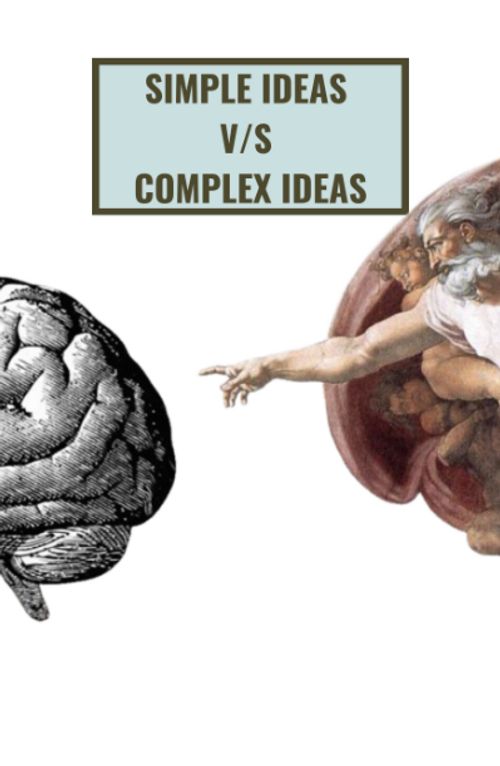The man who was known as a Walking Book Of Knowledge
Jun 29, 2022 · 2 mins read
0
Share

Introduction. Erik von Kuehnelt-Leddihn was an Austrian philosopher known as "A Walking Book of Knowledge" since he could read 17 languages and speak 8 of them. Discover his thought-provoking ideas on Marxism, democracies, religion and more! 👇
Save
Share
One defense for democracy is that the best of propaganda can't fool everyone for ever. "While it is perhaps true that 'one cannot fool all the people all the time,' it seems one can fool millions for centuries. " A "dictatorial règime" can be democratically voted in.
Save
Share
War v/s Civil War: "Modifying Clausewitz’ aphorism—war is the continuation of diplomacy by other means—one could say that in ideologically divided countries civil war is but the continuation of parliamentarism with other means."
Save
Share
Where the problems of our age come from: "For the average person, all problems date to World War II; for the more informed, to World War I; for the genuine historian, to the French Revolution." The French Revolution set in motion consequences that still effect us today.
Save
Share
Religion, and not economic trends, throws a light on human nature: "About human nature we get more concrete and more pertinent information from the Bible than from statistics dealing with secondary education, the frequency of bathtubs or the mileage of superhighways.”
Save
Share
On simplistic ideologies: "Because it was easily grasped, Marxism flooded the world within a few decades, as had other simplistic ideologies. This same sort of simplicity gave rise to the French Revolution & national socialism. But Christianity...took three centuries to triumph."
Save
Share
Some "fairly well-educated Christians believe that 'we are all equal before God'" but Erik disagrees. He writes: "R.L. Bruckburger said rightly that the New Testament is a message of human inequality. Could one imagine that, at the Day of Judgment, all sentences could be equal?"
Save
Share
The shock of WW2: “The shock of the Nazi horrors was so great because they came after 200 years of Roussellian propaganda about the goodness of human nature and also because the Germans were literate, technologically progressive, hard working, modern, sober, orderly, and so on."
Save
Share
Why farmers and land-owners have always been a hiccup to socialism: “The farmer was and remains the stumbling block to socialist experiments everywhere. Since he raises his own food and tends to live in his own house, he is less “controllable” than say, the urban dweller.”
Save
Share
Why tolerance doesn't mean having no convictions: “Only a person with convictions has a genuine possibility to be tolerant. He who accepts no absolute values but clings to polite doubt cannot be tolerant but merely indifferent. He is morally defenseless in the face of evil.”
Save
Share
0